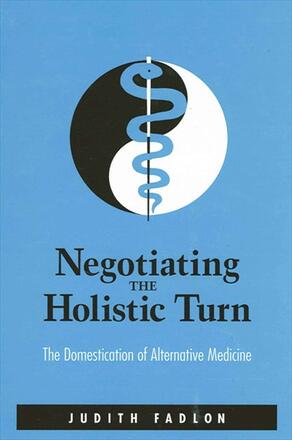
Negotiating the Holistic Turn
The Domestication of Alternative Medicine
Alternative formats available from:
Examines the growing popularity of alternative medicine as a personal health care option.
Description
Alternative medicine, once an anti-establishment outsider, has enjoyed such growing popularity in recent years that it has generated a new medical industry, complete with adherents, practitioners, researchers, lobbyists, and regulations. As it has grown, alternative medicine has gradually assumed a different position in the provision of health care. Combining ethnographic study with quantitative data, Judith Fadlon explains the popularity of alternative medicine, as well as the ease with which individuals now move between conventional and alternative medicine and between different alternative modalities. She concludes that alternative medicine has been undergoing domestication, a process by which the foreign is rendered familiar. Although the focus of the study is urban Israel, it is argued that domestication is a major force at work in a number of Western countries.
Judith Fadlon teaches sociology and anthropology of health.